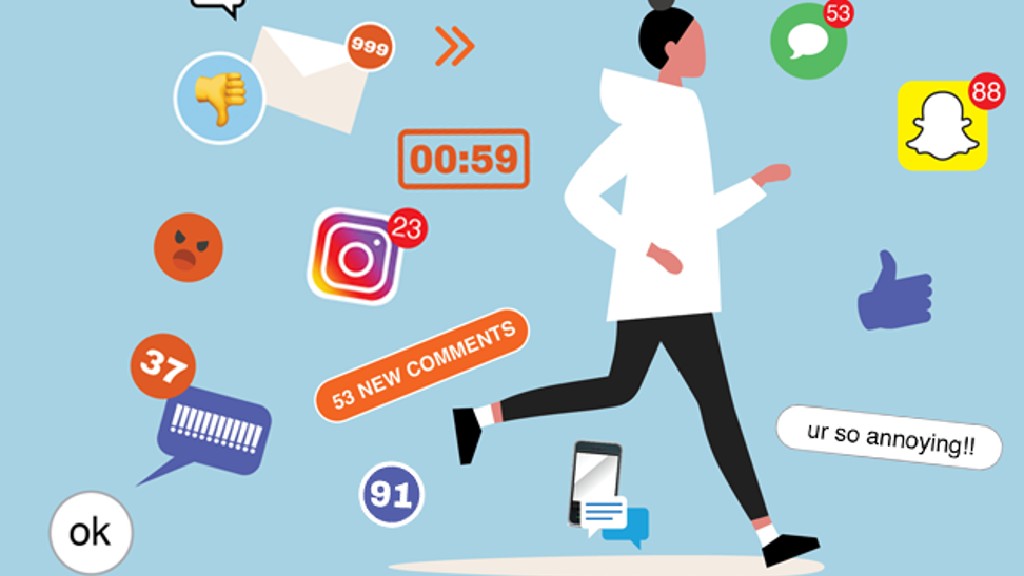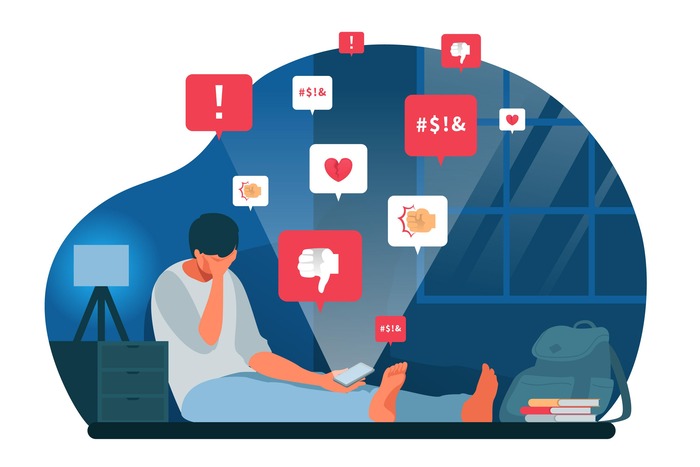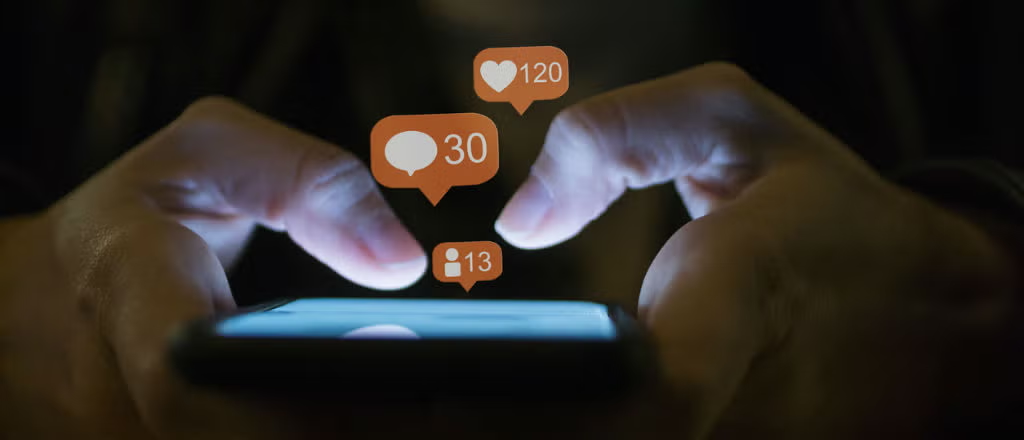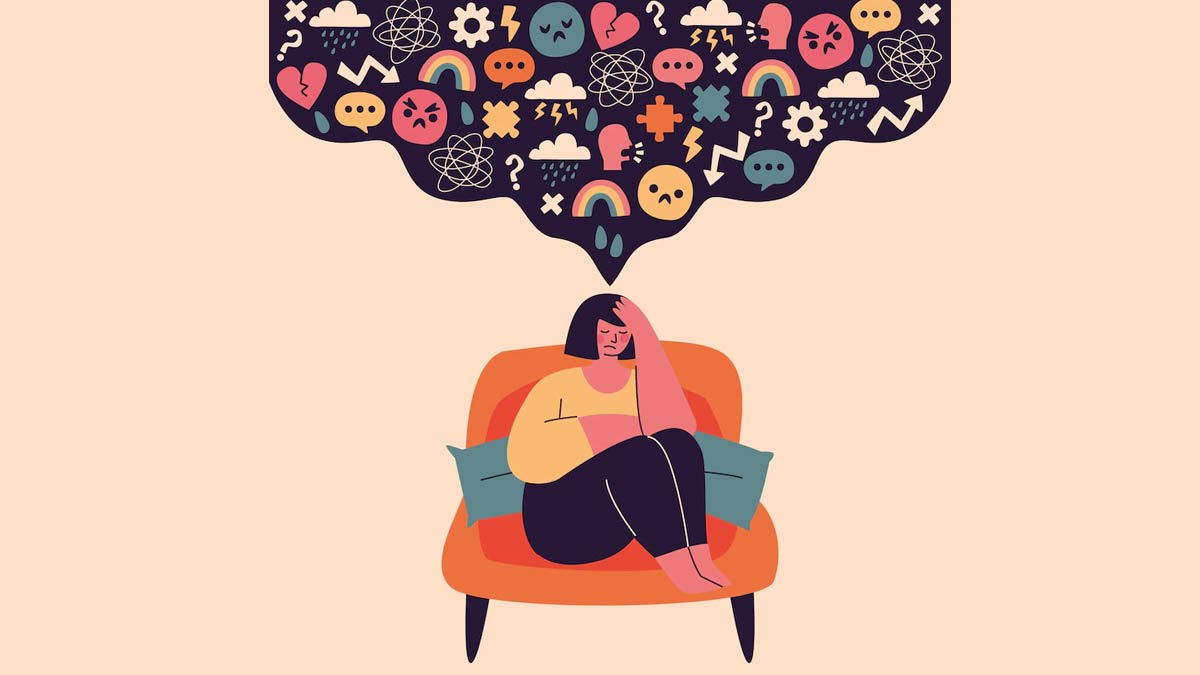Social media has fundamentally transformed how we connect, communicate, and perceive the world around us. With over 4.6 billion users worldwide as of 2024, these digital platforms have become an inescapable part of modern life. While social media promises connection and community, mounting research reveals a troubling paradox: the very tools designed to bring us together may be driving us apart from our mental wellbeing.
The relationship between social media and mental health is neither simple nor straightforward. It’s a complex web of psychological triggers, behavioral patterns, and social dynamics that can either uplift or undermine our emotional stability. What makes this particularly concerning is that nearly 40% of adults admit that social media makes them feel lonely or isolated, despite being more “connected” than ever before. This digital paradox highlights a fundamental disconnect between virtual engagement and genuine psychological wellness.
The Psychological Mechanisms Behind Social Media’s Impact

Social media platforms are engineered to capture and hold our attention through sophisticated psychological mechanisms. The addictive nature of these platforms activates the brain’s reward center by releasing dopamine, a “feel-good chemical” linked to pleasurable activities. When we post content and receive likes, comments, or shares, our brains experience a chemical reward similar to other addictive behaviors.
This dopamine-driven system creates what researchers call a variable reward schedule—we never know when we’ll receive that next hit of social validation, making the behavior incredibly compelling. However, when we don’t receive the expected boost or approval, it can significantly impact our sense of self and adequacy. This creates a psychological dependency where our self-worth becomes tied to digital metrics and online validation.
The constant availability of social comparison opportunities represents another critical mechanism. Unlike traditional face-to-face interactions, where comparisons are limited to our immediate social circle, social media allows us to compare ourselves to others constantly, even when no one else is physically present. This perpetual comparison environment can lead to what psychologists term “compare and despair” cycles, where individuals consistently measure their real lives against others’ carefully curated online personas.
Mental Health Consequences: The Dark Side of Digital Connection
The mental health implications of excessive social media use are both widespread and severe. Research consistently shows that social media use may increase feelings of anxiety and depression, particularly among teens and young adults. Over 50% of teenagers report feeling anxious or depressed after using social media, while excessive use is linked to a 66% increase in depression among this vulnerable population.
Depression and Anxiety emerge as the most commonly reported mental health issues associated with social media use. People who spend over three hours per day on social media are twice as likely to experience these conditions. The relationship appears to be dose-dependent—the more time spent on platforms, the greater the risk of developing symptoms.
Sleep Disruption represents another significant consequence, with 78% of people using social media before bed, leading to disrupted sleep patterns. The blue light emitted by screens interferes with melatonin production, while the stimulating content keeps minds active when they should be winding down. Poor sleep quality, in turn, exacerbates existing mental health issues and creates a vicious cycle of deteriorating well-being.
Body Image and Self-Esteem Issues are particularly pronounced on visually-focused platforms. Social media heavily emphasizes physical appearance, with platforms like Instagram, Snapchat, and TikTok providing filters that can easily alter physical appearance and hide imperfections. Constant exposure to these altered images can lead to self-consciousness and body dissatisfaction, with 76% of female social media users worrying about body image from comparing themselves to others online.
The FOMO Phenomenon and Social Comparison

Fear of Missing Out (FOMO) has become a defining characteristic of social media’s impact on mental health. Social media increases feelings of FOMO for many users, as checking in on friends and family through these platforms can make individuals feel that others are having more fun or living better lives. This phenomenon is particularly damaging because social media typically functions as a “highlight reel,” displaying only the best parts of users’ lives while concealing struggles and mundane realities.
The comparison trap operates on multiple levels. Users don’t just compare life experiences—they also compare metrics like the number of online friends, followers, likes, and comments. This quantification of social worth creates an environment where personal value becomes tied to digital popularity metrics, leading to decreased self-esteem and increased anxiety when these numbers don’t meet expectations.
FOMO also compels users to constantly check social media to avoid missing out on what’s happening, creating compulsive usage patterns. This constant connectivity prevents the mental downtime necessary for self-reflection and emotional processing, contributing to increased stress and anxiety levels.
Cyberbullying and Online Harassment
The anonymity and distance provided by digital platforms can, unfortunately, facilitate harmful behaviors. In 2020, 44% of all internet users in the U.S. reported experiencing online harassment. Cyberbullying—when someone repeatedly and intentionally harasses, mistreats, or makes fun of another person through electronic devices—can severely impact self-esteem and mental health.
Social media platforms can become hotspots for spreading hurtful rumors, lies, and abuse that leave lasting emotional scars. The persistent nature of digital content means that harmful material can be shared, screenshots, and resurface repeatedly, prolonging the psychological impact. Research shows that cyberbullying increases depression rates by 70% among affected teens, while 59% of U.S. teens have experienced some form of cyberbullying.
Positive Aspects: When Social Media Supports Mental Health

Despite the significant risks, social media can also provide valuable mental health benefits when used mindfully. These platforms can offer emotional support and community, particularly for individuals dealing with mental health challenges, rare conditions, or marginalized identities. Online support groups and communities can provide validation, practical advice, and a sense of belonging that might be difficult to find offline.
Social media can also serve as a platform for mental health awareness and education. Many users share their experiences with mental health challenges, helping to reduce stigma and encourage others to seek help. Mental health professionals and organizations use these platforms to disseminate accurate information and resources, making mental health support more accessible.
Creative expression and self-advocacy represent additional positive aspects. Social media platforms can provide outlets for artistic expression, activism, and personal storytelling that contribute to a sense of purpose and empowerment. For some users, these platforms offer opportunities to build supportive communities around shared interests, causes, or experiences.
Breaking the Cycle: Strategies for Healthier Social Media Use
Recognizing problematic social media use is the first step toward healthier digital habits. Warning signs include using social media as an escape from problems, feeling anxious when unable to access platforms, comparing yourself unfavorably with others online, experiencing cyberbullying, being distracted at school or work, having no time for self-reflection, engaging in risky behavior for likes, and suffering from sleep problems.
Setting boundaries is crucial for maintaining mental health while using social media. This includes limiting use before bedtime, charging devices outside the bedroom, and taking regular breaks from platforms. Almost 57% of social media users have taken breaks from these platforms to protect their mental health, suggesting that digital detoxes can be beneficial.
Mindful consumption involves being intentional about what content you engage with and how it makes you feel. Unfollowing accounts that consistently trigger negative emotions, curating feeds to include more positive and educational content, and limiting exposure to highly filtered or unrealistic content can significantly improve the social media experience.
Professional support should be sought when social media use significantly impacts daily functioning, relationships, or mental health. Mental health professionals can help develop personalized strategies for managing social media use and addressing underlying issues that these platforms may exacerbate.

